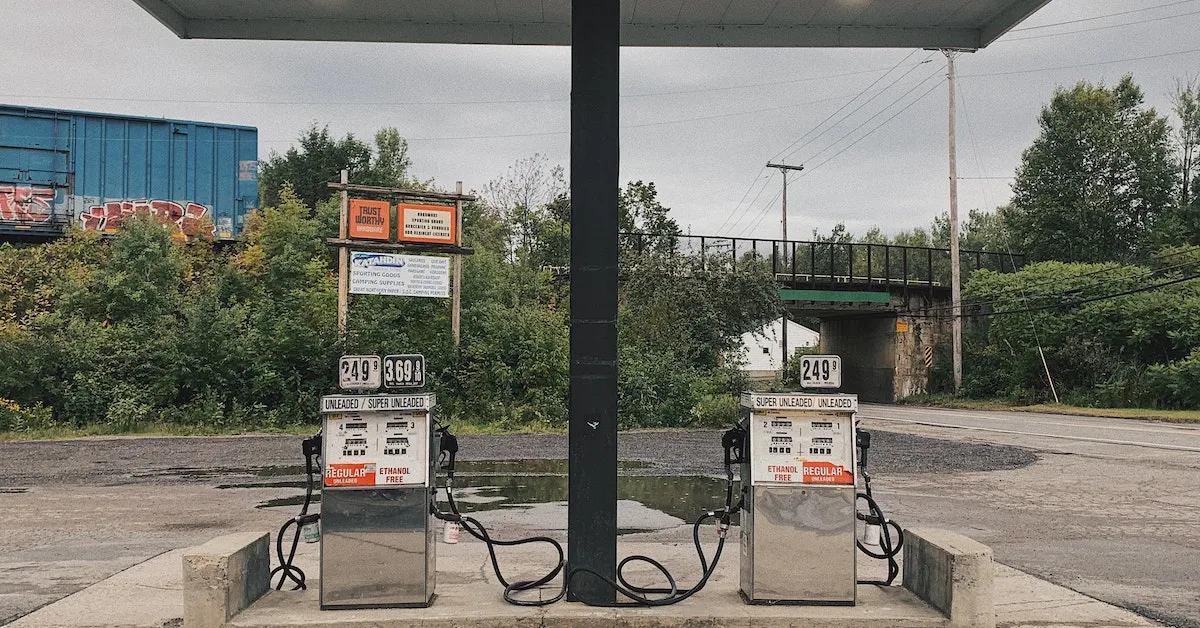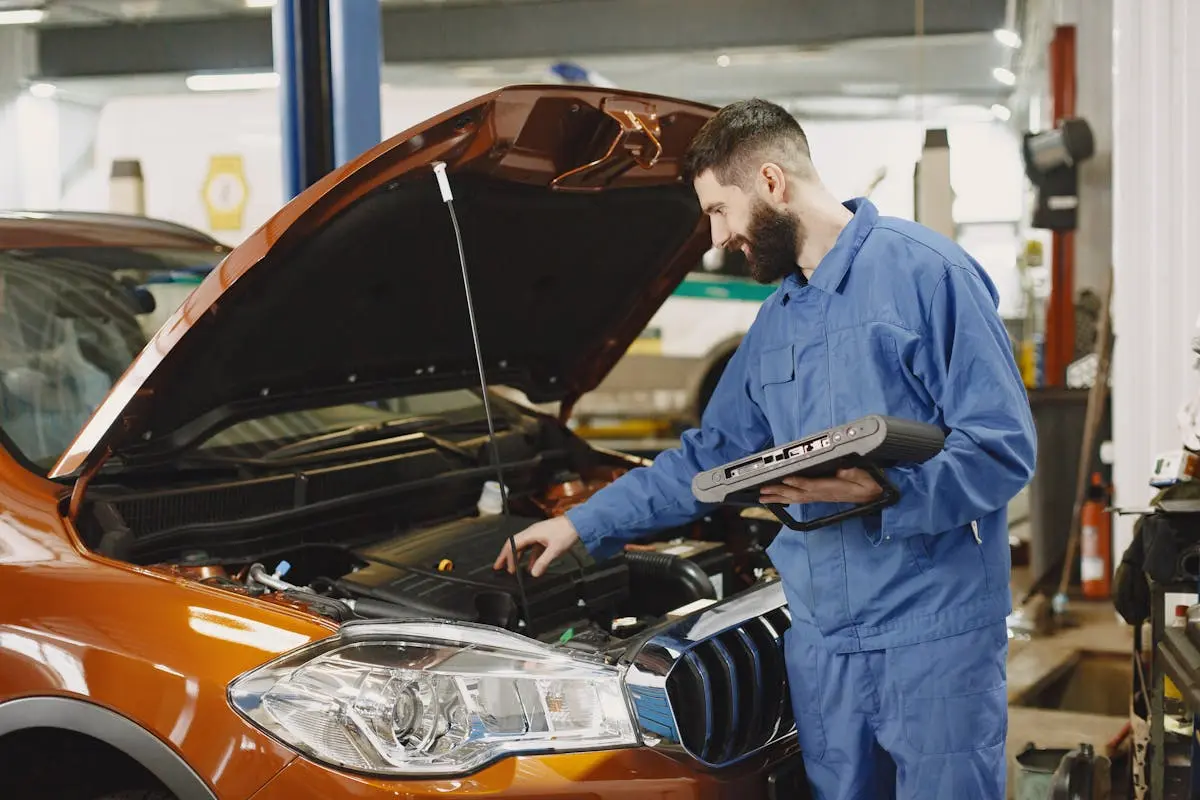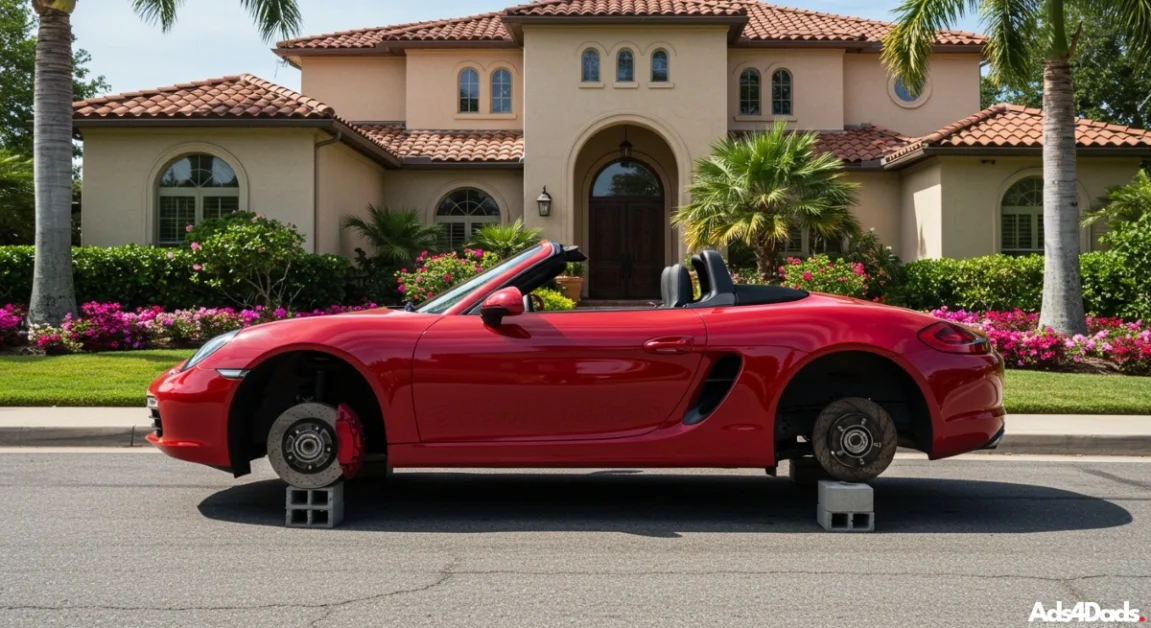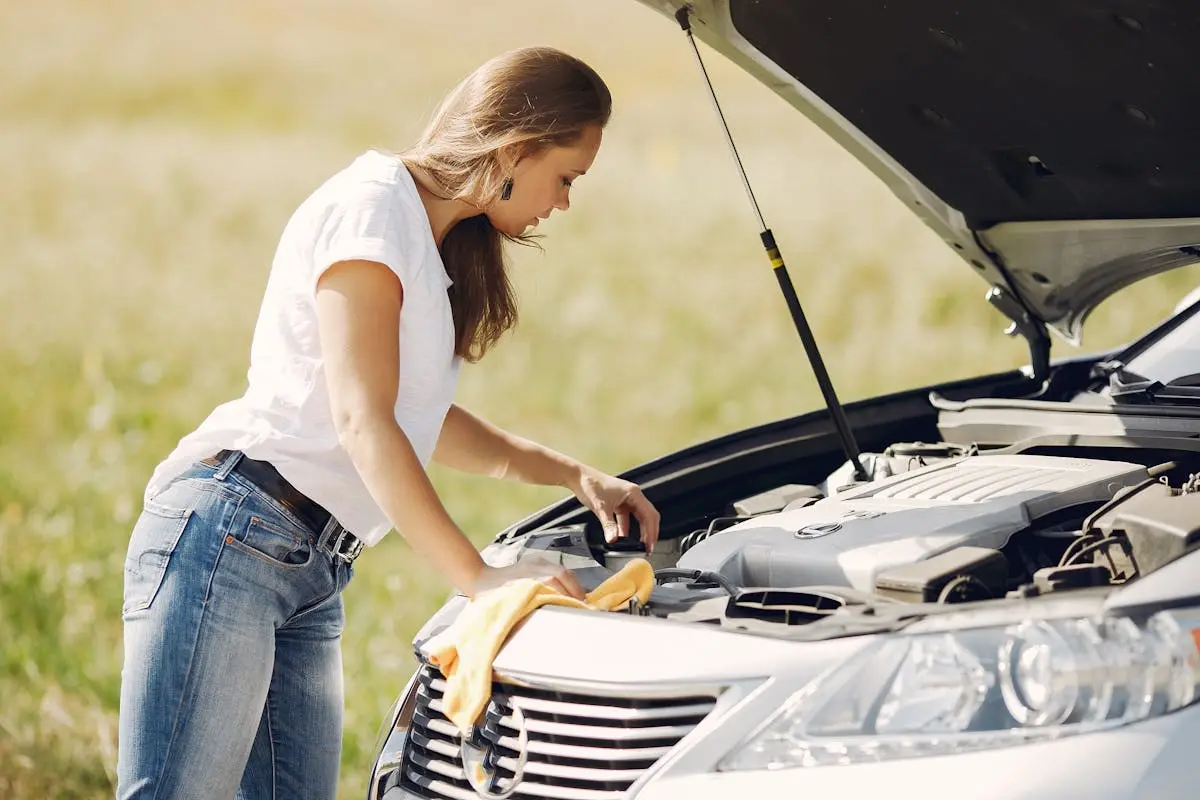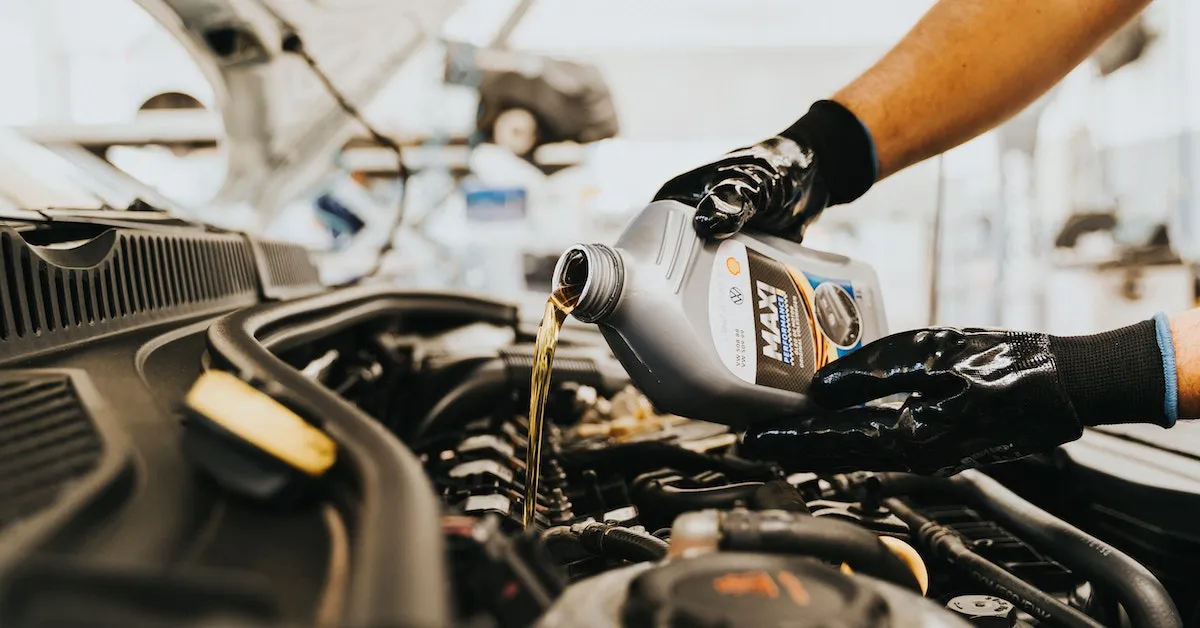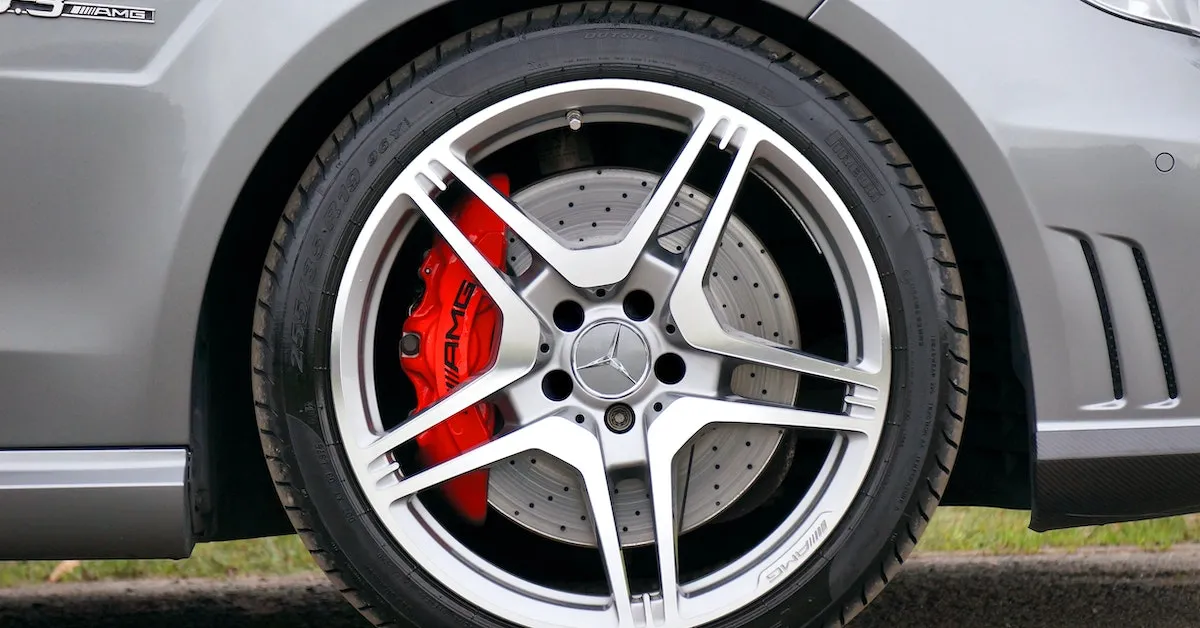When I was a new driver, I used to buy premium fuel for my car because I thought, “Hey, it’s PREMIUM so it’s gotta be good, right? I only want the very best for my car.” At that time, the vehicle I owned required regular, low octane fuel. For some reason, I felt that adding premium would give me more power, improve performance, and possibly increase fuel economy.
As you might already know, premium fuel costs more but it doesn’t provide the benefits some people believe it does.
Premium fuel will not improve performance in engines designed for regular gas. It can be a waste of money with no added benefit.
Here’s the Truth
Do you want to know exactly what type of fuel to use? Just check your owner’s manual or the sticker behind the fuel door.
If it instructs you to use low octane fuel such as 87 octane, use that. If it instructs you to use premium fuel: 91 or higher, then only use that. The engineers who designed your engine know what it needs to perform properly.
So why spend extra money if you don’t have to?
Using the Proper Fuel
If you use a lower octane fuel in an engine designed for high octane, you could potentially cause engine damage.
And just a friendly FYI, if the manufacturer concludes that your engine is damaged due to using low octane fuel, you are fully responsible for the repairs. A technician can read the vehicle’s computer data and detect out-of-range knock values, which only occur with improper fuel. The warranty only applies to manufacturer defects, not to owner misuse.
It’s similar to skipping oil changes, damaging the engine, and expecting the dealership to cover it under warranty. They won’t.
For additional ownership tips, check out our guide on how to care for your spare tire.
Using the Wrong Fuel
Be aware if your vehicle was designed to operate on diesel, E85, or another type of fuel. If you are not completely sure what type to use, do not guess.
If you run out of gas and find yourself stranded, first verify the correct fuel for your vehicle. Then, contact AAA or your insurance provider to request roadside fuel delivery. This service is often included in your policy at no extra charge.
Making Good Decisions
As we get older, we are forced to become better informed as consumers. Sometimes we learn the hard way, but hopefully this post helps you avoid that.
If you haven’t looked through your owner’s manual recently, take a few minutes and see what you find. You might also want to review your vehicle purchase documents—you could discover that you purchased an extended warranty and forgot about it.
One last thought about fuel: quality matters just as much as octane. Want to check if your gas station meets high standards? Visit TopTierGas.com and see if your preferred station is on the list.
Pro Tip
If you have a wholesale club near you like Costco, consider becoming a member. You can also look into fuel rewards programs from Shell or other major brands. These programs can save you hundreds of dollars every year.

